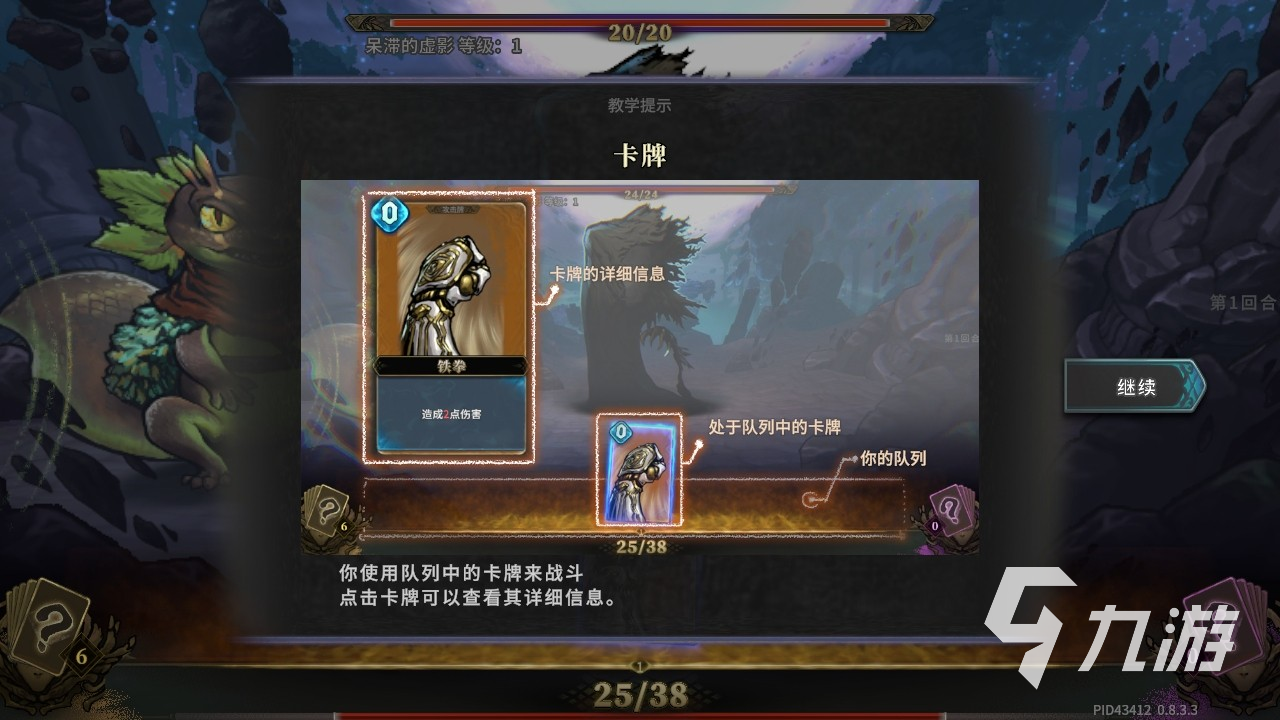TOMCAT使用技巧
时间:2006-11-20 来源:hello386
1 增加一个虚拟目录
在server.xml文件中增加
<Context path="/oicq" docBase="myweb" debug="0" reloadable="true"></Context>
myweb说明其相对webapps的位置,是物理存在的目录;
/oicq说明其相对web URL的路径,是一个虚拟的路径,如:http://localhost/oicq
2 配置服务器的端口
在标准server.xml文件的第56行,修改port = “8080” 为你所希望使用的端口号,如:80
3 web.xml文件的设置
默认(欢迎)文件的设置
在h: omcat4confweb.xml中,<welcome-file-list>与IIS中的默认文件意思相同。
<welcome-file-list>
<welcome-file>index.html</welcome-file>
<welcome-file>index.htm</welcome-file>
<welcome-file>index.jsp</welcome-file>
</welcome-file-list>
报错文件的设置
<error-page>
<error-code>404</error-code>
<location>/notFileFound.jsp</location>
</error-page>
<error-page>
<exception-type>java.lang.NullPointerException</exception-type>
<location>/null.jsp</location>
</error-page>
如果某文件资源没有找到,服务器要报404错误,按上述配置则会调用H: omcatwebappsROOT
otFileFound.jsp。
如果执行的某个JSP文件产生NullPointException ,则会调用H: omcat4webappsROOT
ull.jsp
典型的JSP错误页面应该这样写:
<%@ page isErrorPage=”true”%>
出错了:<p> 错误信息: <%= exception.getMessage() %></p>
Stack Trace is :
<pre>
<font color="red">
<%
java.io.CharArrayWriter cw = new java.io.CharArrayWriter();
java.io.PrintWriter pw = new java.io.PrintWriter(cw,true);
http://www.ChinaJavaWorld.com/ exception.printStackTrace(pw);
out.println(cw.toString());
%>
</font>
</pre>
会话超时的设置
设置session 的过期时间,单位是分钟;
<session-config>
<session-timeout>30</session-timeout>
</session-config>
过滤器的设置
<filter>
<filter-name>FilterSource</filter-name>
<filter-class>project4. FilterSource </filter-class>
</filter>
<filter-mapping>
<filter-name>FilterSource</filter-name>
<url-pattern>/WwwServlet</url-pattern>
(<url-pattern>/haha/*</url-pattern>)
</filter-mapping>
过滤:
1) 身份验证的过滤Authentication Filters
2) 日志和审核的过滤Logging and Auditing Filters
3) 图片转化的过滤Image conversion Filters
4) 数据压缩的过滤Data compression Filters
5) 加密过滤Encryption Filters
6) Tokenizing Filters
7) 资源访问事件触发的过滤Filters that trigger resource access events XSL/T 过滤XSL/T filters
9) 内容类型的过滤Mime-type chain Filter 注意监听器的顺序,如:先安全过滤,然后资源,然后内容类型等,这个顺序可以自己定。









